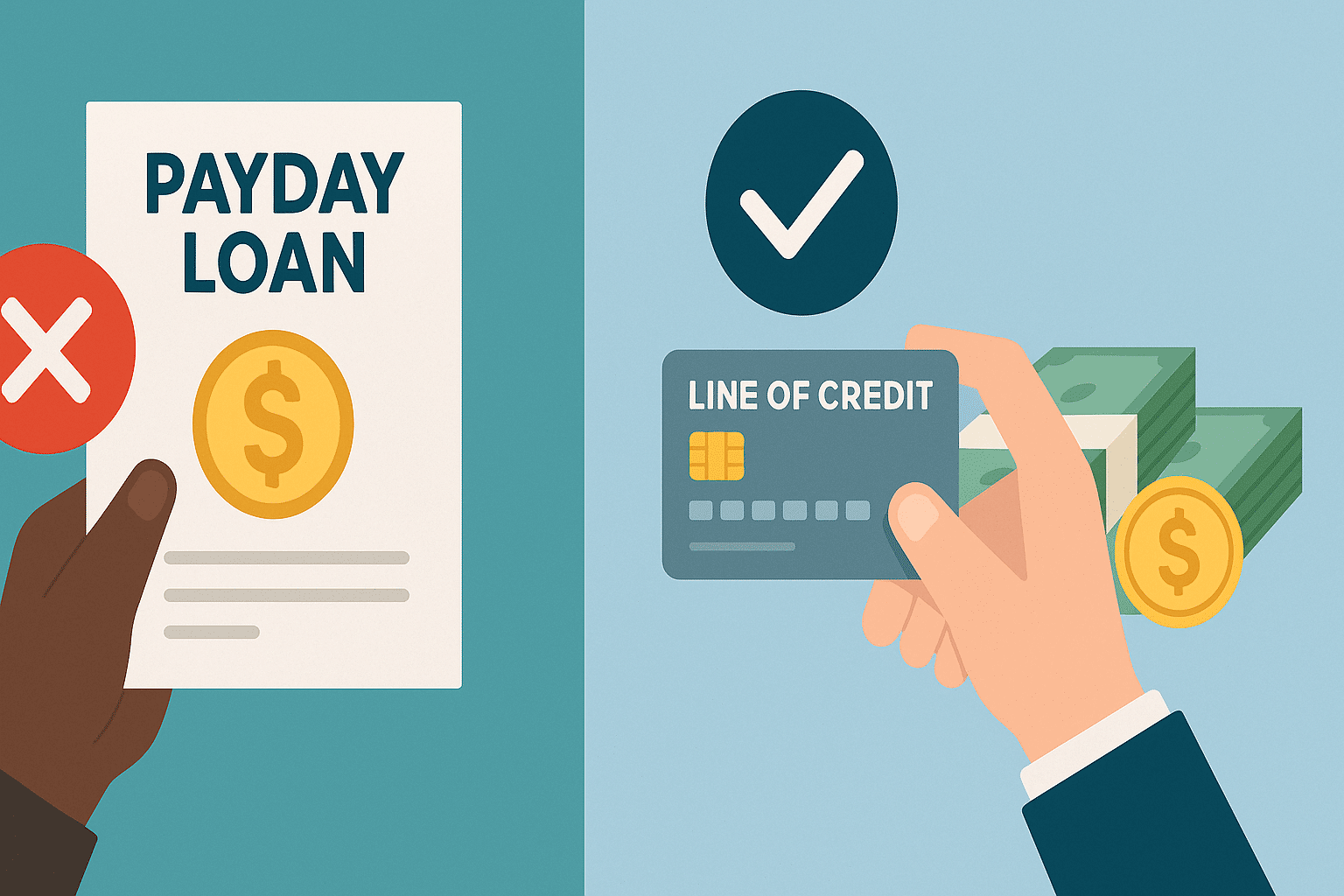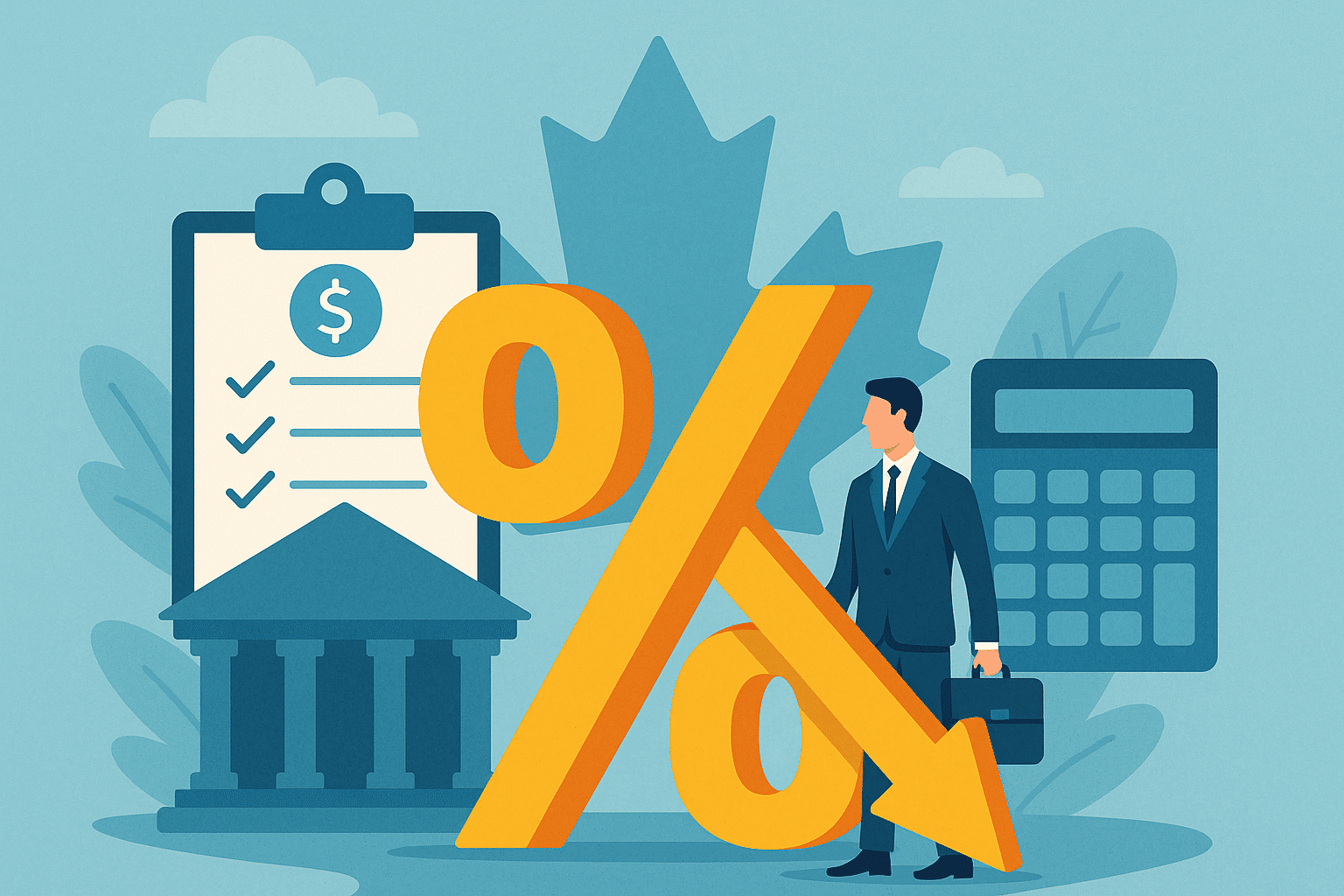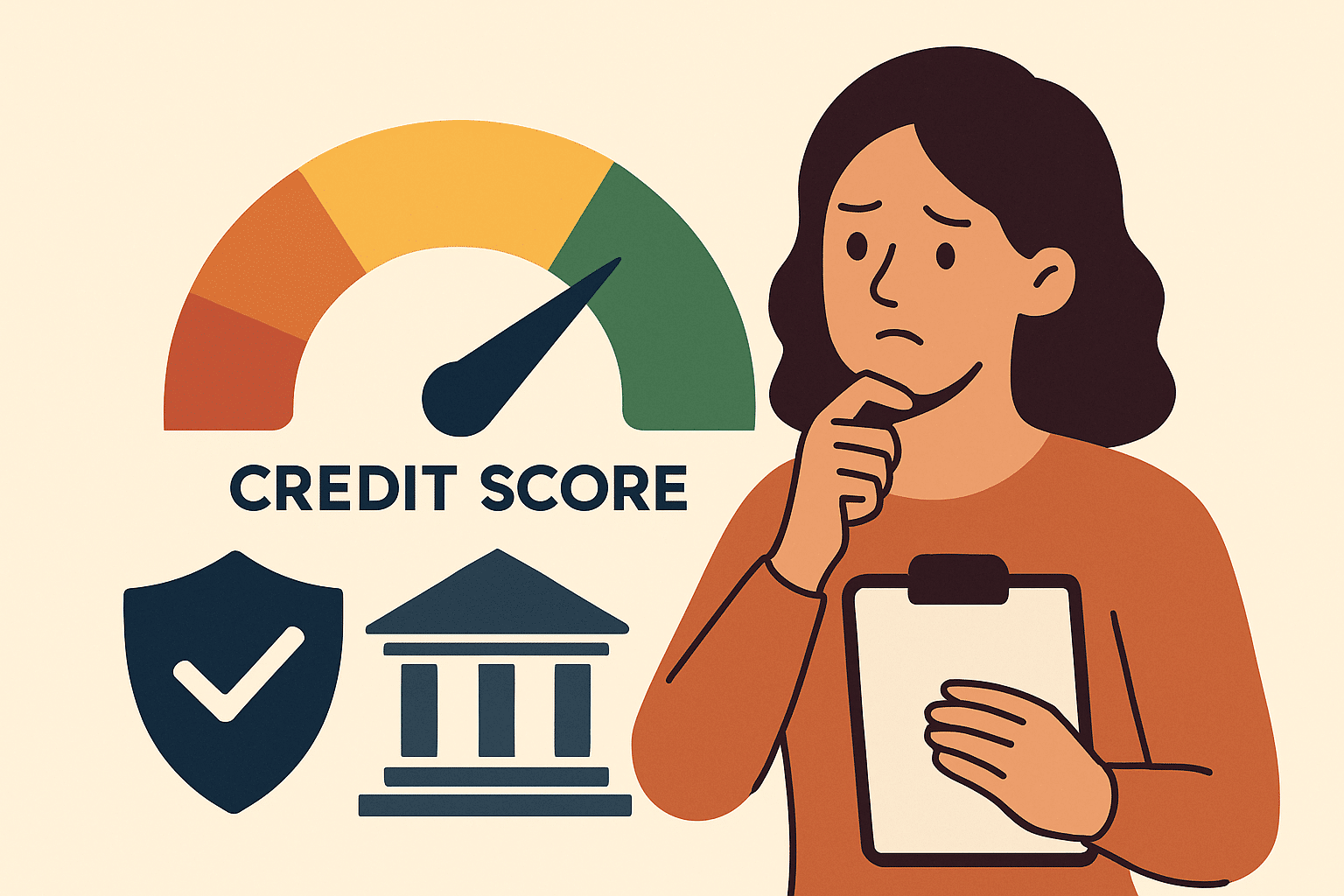Peer to Peer Lending in Canada
Peer to peer (or P2P) lending in Canada is the financial fit for borrowers in need of cash for any number of reasons. Do you need funding to get that terrific business idea off the ground? Or are you seeking ready cash without having to pay over-the-top interest rates and fees? Perhaps you need a loan but are drowning in a sea of financial institutions that offer personal loans with terms that are far too complicated or costly.
Fortunately, there is a relatively new personal and business loan option in town to assist Canadians with their financing goals. P2P lending allows people to borrow money from “peers” in the form of individuals who make money available for borrowing. Think of it as a financial buddy system on steroids. Regular people have invested money so that people like us can get financed with less hassle and costs.
If this sounds uncomplicated, it’s because basically, it is. The fundamentals of peer to peer lending in Canada can be covered by answering these six questions:
- Who’s Behind P2P Lending?
- What’s In It for Investors?
- Where Do You Apply for Peer to Peer Lending in Canada?
- Why Should You Choose P2P Over Other Personal Loans?
- When is a Good Time to Check Out Peer to Peer Lending?
- How are The Advantages of P2P Lending Made Possible?
Who Is Behind P2P Lending?
There are three entities which make peer to peer lending in Canada such a rousing success: The borrower, the investors, and the businesses which broker the online financing transactions. Let’s start with these companies. In Canada, the marketplace for online lending began a couple of years ago. Since that time, several financial firms of this type have been instrumental in matching borrowers with lenders and facilitating loans online.
They work like all financial institutions in the sense that not all loans are approved. These companies screen applicants carefully to find loans for which they are more likely to be approved. There may be different criteria for approval of personal versus business loans. Among the factors they consider are an applicant’s:
- Income
- Credit history
- Amount of credit owed
These factors beg the question: So how is this different from any other loan? For starters, this type of loan parts company with conventional loans in 3 ways:
- A customized interest rate is calculated from an online questionnaire the applicant completes.
- The borrower can pay off the loan early without any penalty.
- Borrowers receive assistance and resources to pay back the loan.
But what makes P2P lending most unique is the investors. Unlike banks and other financial institutions, the money comes from average men and women who invest money for the sole purpose of funding everyday people like us who have the need for reasonably priced unconventional financing.
So, What’s in It for Investors?
Any investment holds a measure of risk. And for people who are not filthy rich, investments that won’t wipe out their life’s savings is a priority. A P2P investment is attractive for these reasons and more:
- It is an investment with much more stability than stock market ventures.
- The return on the investments can be greater.
- P2P’s can be invested via retirement accounts.
- The investment is taxed at the lower saving account interest rate.
Another advantage of peer to peer lending for investors is they can try it out for a minimal investment (sometimes a little as $2000). Additionally, it may interest you to know that the majority of P2P investors get satisfaction knowing they are helping regular people and small businesses with issues which they themselves can relate to. That’s the “peer” aspect of this loan-doing business with people on the same mortal plane as you.
You don’t have to travel very far to apply for a loan. All you need is an Internet connection for your device. Online applications are available online, making it convenient, private and comfortable. Canadian borrowers have the option to apply to a number of P2P lenders for loans up to $350,000 or more (business loans qualify to apply for more money). Some of these lenders specialize in business loans for start-up and established businesses. The number of these facilitators is growing each year.
Why Should You Choose P2P Over Other Loans?
As if the convenience of technology based lending isn’t enough, there is a long list of other reasons peer to peer loans have proven to be superior over other loans, such as:
- Interest rates are lower, especially because they are tailored to the individual applicant.
- Lenders respond to debt trends faster than traditional banks, which means rates go down when trends report less loan delinquency in a given time frame.
- Peer to peer loans charge far less for fees, like late charges, than other loans.
- Interest is saved since borrowers can pay off the loan early with no fees.
- Ease and convenience of application process. Documents can be submitted and signed online.
- If approved, money can be electronically deposited to a bank account.
- Short approval time.
- Loans are approved using precise matching of borrower to lender, increasing the chances of approval. This also decreases the chance of getting a loan that you cannot pay.
Again, the list of all of the advantages over the conventional is far too long to post here. But one last point on this topic and we’re on to the next.
Have you ever gone into a brick and mortar financial institution to ask for a loan? Depending on the temperament of the manager and how many customers are within earshot, the experience can be embarrassing and invasive to say the least. And that’s if you are approved. You can’t beat the customer service you get with the privacy provided by applying for a loan online.
When is a Good Time to Check Out Peer to Peer Lending?
At this point you have a reasonable knowledge of the basics of peer to peer lending in Canada. Therefore, if you:
- are a start-up or established business owner who wants to take your company to new heights,
- carry credit card debt want to consolidate at a better rate,
- have a sudden emergency that requires cash (medical bills, business equipment, etc.),
- see the need to secure a personal or business loan for any other reason…
The time is right now! Check out the advantages of P2P lending for yourself. You deserve fair financing; why not get it while its yours for the taking?
How are The Advantages of P2P Lending Made Possible?
As with any business venture, you have a right to be skeptical. We don’t claim that P2P lending is the answer from above for all your money issues. But what we can do is supply you with just some of the reasons why these loans are cheaper and more accessible.
Factored in to what banks charge to lend you money are their costs of doing business. Here are a few:
- Tons of employees
- Building and expensive equipment for several bank branches
- Website and other IT professionals for their online banking services
- Television, radio, and online advertising
By comparison, P2P lenders pay a fraction of these expenses, since they are technology based. While they do have employees, most have one or two brick and mortar locations and less employees. These savings are passed to you in the form less money out of your pocket.
Peer to peer lending in Canada addresses the problems borrowers who get approved for loans with difficult repayment terms. Careful screening also decreases the approval of loans to applicants who are likely to default. The bottom line is that peer to peer lending plays a big part in releasing people from burdensome debt-one dollar at a time. Take action now and find the perfect P2P lender today to set your feet on the path to an improved quality of financing.














